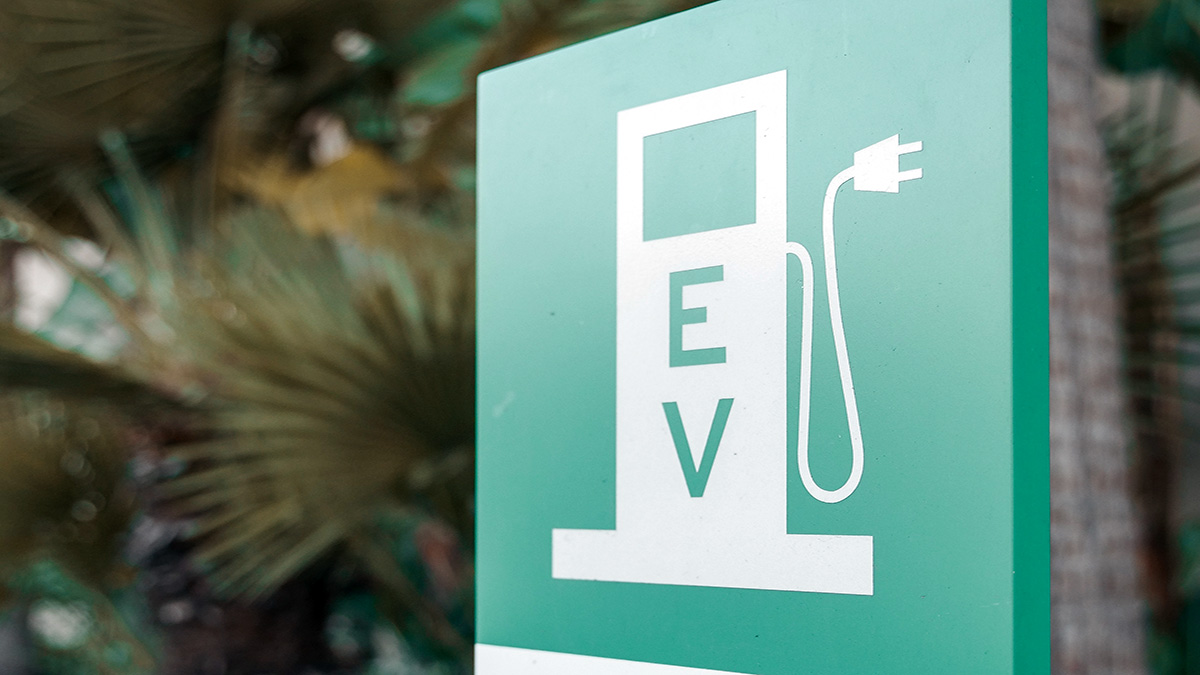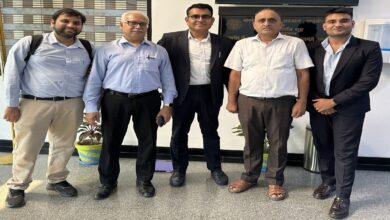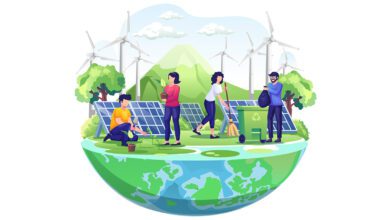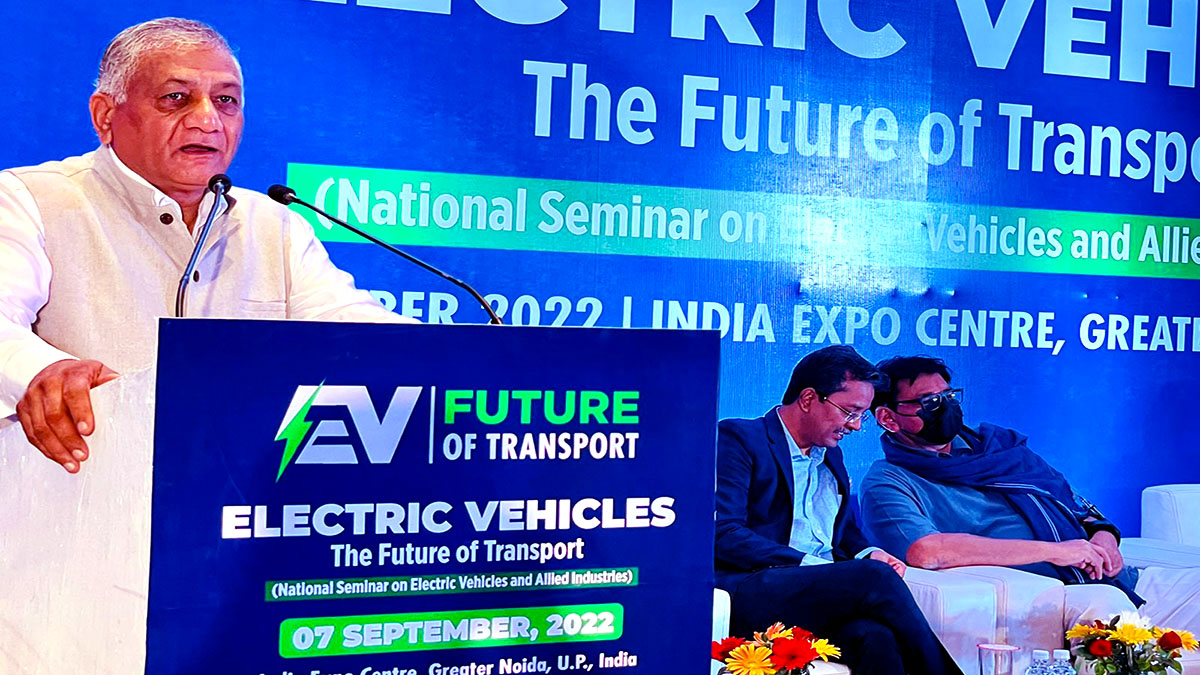Indian Oil Corporation (IOC) and two other public sector oil firms will install 22,000 electric vehicle (EV) charging stations over the next 3-5 years to support the nation’s target to reduce its carbon intensity and reach net zero emissions by 2070.
IOC, the country’s largest state-controlled refiner by capacity, will set up EV charging facilities at 10,000 fuel outlets over the next three years, Chairman Shrikant Madhav Vaidya said.
Bharat Petroleum Corporation Ltd (BPCL) said it will set up 7,000 stations over the next five years while Hindustan Petroleum Corporation Ltd (HPCL) has plans for 5,000 stations. At the 2021 Climate Change Conference, also known as COP26, Prime Minister Narendra Modi outlined a net-zero emissions target by 2070 for India. Also, India is targeting to increase its low-carbon power capacity to 500 gigawatts (GW) by 2030 and meet 50% of its total energy requirements by 2030.
It is looking to reduce the carbon intensity of its economy by 45%, cut projected carbon emissions by 1 billion tonne by 2030 and achieve a net-zero target by 2070. IOC plans to install 2,000 charging stations over the next year, with BPCL and HPCL targeting 1,000 each over the same period, Oil Minister Hardeep Singh Puri said on Tuesday. Billionaire Mukesh Ambani-led Reliance Industries’ mobility joint venture with BP also launched its first mobility retail outlet in Maharashtra last month, which will offer EV charging and battery swapping. It also finalised an agreement with all-electric ride-hailing service BluSmart to set up EV charging infrastructure in India.’
In a statement, BPCL said building a robust electric vehicle charging infrastructure will provide the company a new business opportunity as well as a hedge against the risk of displacement of auto fuels.
“We are aiming at reaching the count of 7,000 stations to support the growing EV industry and these stations would be known as ‘Energy Stations’,” said Arun Kumar Singh, Chairman, BPCL.
“EV charging infrastructure is one of the five focused segments that BPCL is working on along with petchem, gas, consumer retailing, renewables and biofuels that will serve the energy needs of the nation.”
While IOC sees fossil fuels like petrol and diesel continuing to play a dominant role in meeting India’s energy needs in the next couple of decades, the company is setting up the infrastructure to give confidence to automobile manufacturers for enhancement of EV production and to customers for an uninterrupted drive, Vaidya said.
“Energy pie of the country is growing. We are not a stagnant economy. Overall, our energy pie is growing and so all kinds of fuel will be needed to meet the energy needs,” he said.
IOC plans to set up 50 KW EV charging stations at every 25-km and 100 KW heavy-duty chargers at every 100-km to weave a network that will provide customers easy access for charging their electric vehicles, he said adding the charging stations would be set up at existing and new petrol pumps across the country.
“At all our refineries we are taking steps to make them net-zero from the production point of view. We will be making an announcement shortly”. He said India’s net-zero aim would not impact his firm’s refining expansion plans as India’s per-capita energy consumption is a third of the global average, leaving scope for the use of all kinds of energy including fossil fuels. “In line with PM @narendramodi Ji’s Panchamrit announced in Glasgow to reduce the carbon intensity of the economy by 45% by 2030, oil companies of India will set up 22,000 EV charging stations on a mission mode in prominent cities & national highways across the country,” Puri tweeted.
Of these, IOC will set up 10,000 stations. “It has already installed 439 EV charging stations & plans to install 2,000 charging stations in its retail outlet network over the next one year,” he said. “Another 1,000 EV Charging Stations will be set up by @BPCLimited within the next one year & 7,000 overall. It has already set up 52 stations. @HPCL which has already installed 382 EV stations so far will set up 1,000 stations in the next one year & 5,000 overall.”












